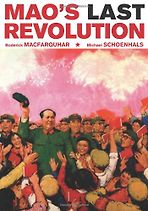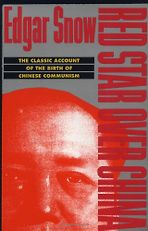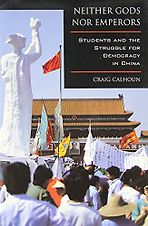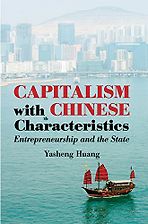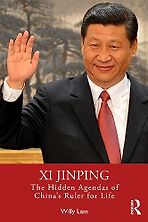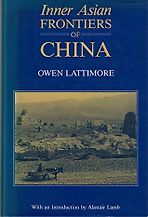Recommendations from our site
“China after Mao Zedong, even under Deng Xiaoping, was really a situation of factional power-sharing, of factional power balances and contestation of power. No single leader could monopolise all powers in their own hands. In my book, I went through some very major policy reforms in China under Deng Xiaoping and argued how uncertain it all was—how, quite often, those reforms nearly didn’t make it. When they did make it, there were a lot of political struggles, a lot of compromises, a lot of give and take, and a lot of concessions. All this showed that Deng Xiaoping really wasn’t that powerful: there were major political factions that he needed to respect, that he needed to consult, and that he needed to trade advantages with, in order to push through an agenda. Another important aspect is that the Chinese Communist Party isn’t just an organ of interests…it’s also an organ of political ideas. This is something that we almost forget when we think about China because of how rich it has become, and how it seems like everyone is so focused on making money and making their lives better. Deng Xiaoping embodied that image…What my solo book shows is that even within the party there are different ideologies, different political values, and they are all very much alive. Powerful party leaders use those values to debate with each other, to shape different policies, to try to undermine existing policies or existing narratives, to push through their own visions, and so on. There’s lively political debate, and that’s because there are many different ideas rather than because there are no ideas. That’s an important point to make.” Read more...
Our most recommended books
-

Mao’s Last Revolution
by Michael Schoenhals & Roderick MacFarquhar -

Red Star over China
by Edgar Snow -

Neither Gods nor Emperors
by Craig Calhoun -

Capitalism with Chinese Characteristics
by Yasheng Huang -

Xi Jinping: The Hidden Agendas of China’s Ruler for Life
by Willy Lam -

Inner Asian Frontiers of China
by Owen Lattimore


